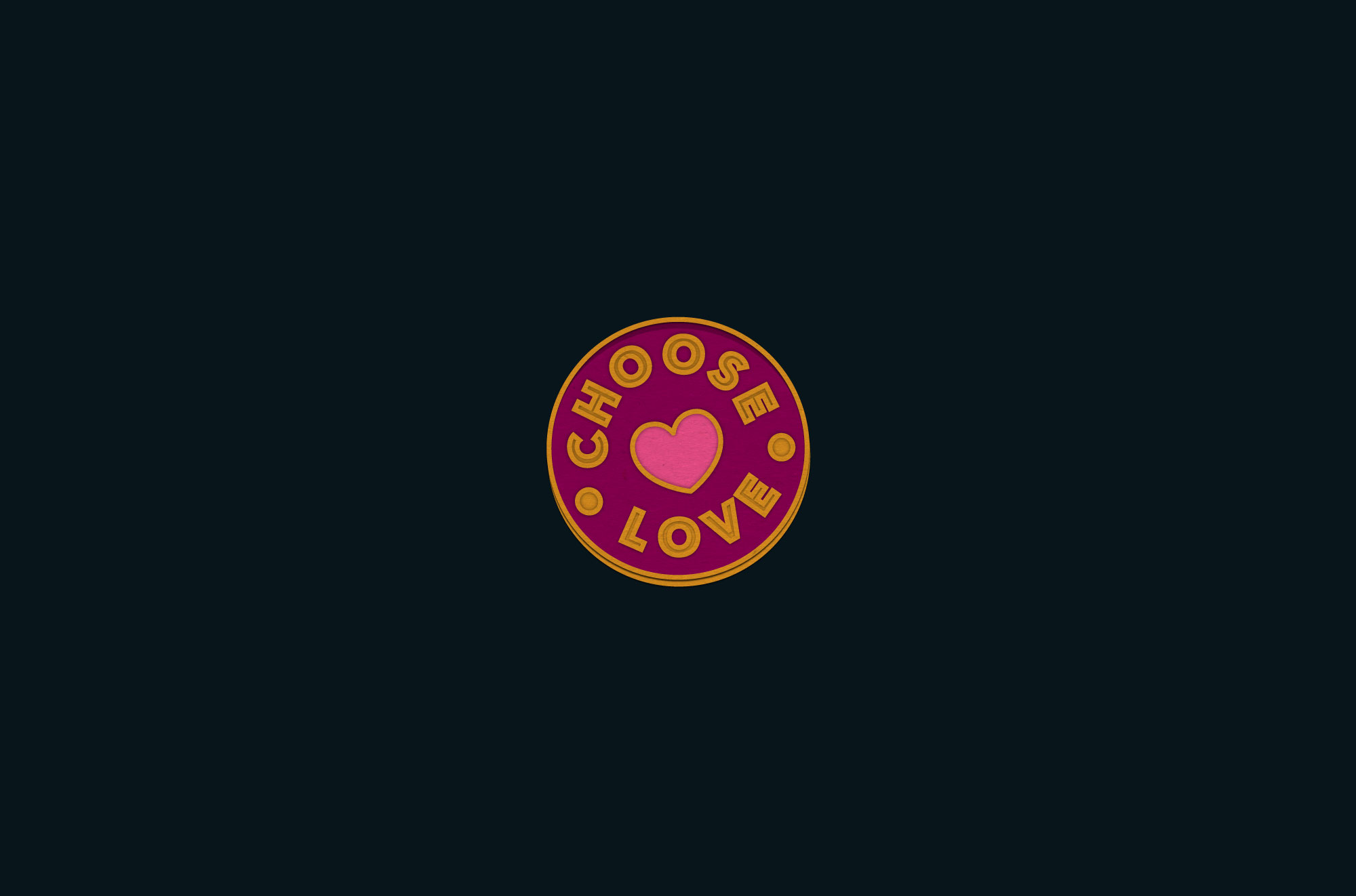In the spring of 1963, as Dr. Martin Luther King was preparing to help lead organized protests to challenge segregation in Birmingham, he was simultaneously finishing his work on his first collection of published sermons to appear with Harper & Row, Publishers. In a small, dark quarter of a Georgia jail cell, “dirty…and ill-equipped,” where he’d been imprisoned for holding a prayer vigil during the Albany protests, Dr. King began sketching out his book. The result would be “The Strength to Love,” one of his best-loved and oft-quoted collections. The following year, King was awarded the Nobel Peace Prize.
Dr. King’s notion of love wasn’t the amorous western ideal—that love typically symbolized by romantic notes and candy treats, or winged cherubs, slung with arrows. “Love is something much deeper than emotional bosh,” he wrote. King’s love required strength—even defiance in the pursuit of justice and equity. He explained why the bible commands us to love our enemies, how hatred disconnects us from our community and humanity, and he encouraged his congregation to “meet physical force with soul force.”
King understood his notion of love would seem contradictory to many readers—especially those who had seen images of peaceful protesters in Georgia, Alabama, and Mississippi attacked by police dogs and battered by water cannons. But he was also a man of deep faith, and in “The Strength to Love” he turns repeatedly to the New Testament and the teachings of Jesus. He knew that responding to the venom and brutality of the Jim Crow segregationist with love would take extraordinary conviction and self-control. He focused his writing on the category of agape—a love for community and the wellbeing of others—and he pushed his readers to “combine toughmindedness with tenderheartedness” and employ nonviolent resistance to combat racism. He insisted “darkness cannot drive out darkness; only light can do that. Hate cannot drive out hate; only love can do that.”
The Reverend Martin Luther King Jr. devoted his extraordinary life to choosing love over hate—and this year the University of Utah honors his commitment with a week of activities, discussions, and public forums. In honor of MLK Week, events will explore Dr. King’s complex ideas on the meaning of love and examine together the strength needed to choose it and care for each other when faced with hatred and division.
Activism EDI MLK Week Social Justice

